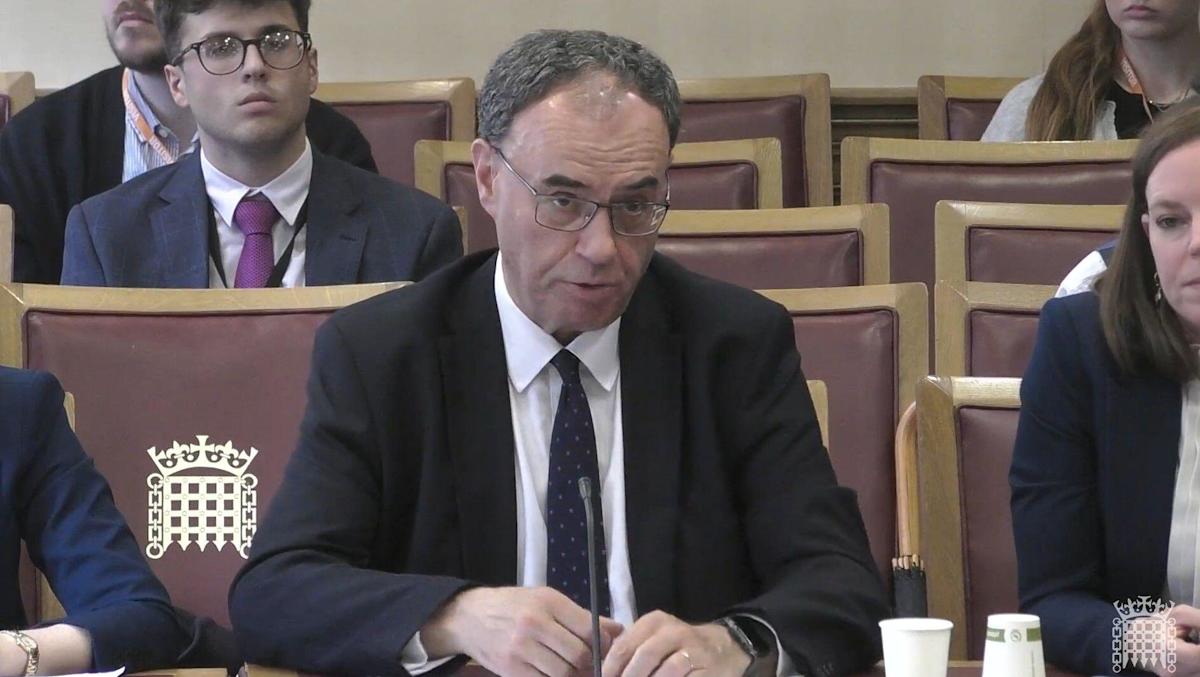Andrew Bailey, the governor of the Bank of England (BoE), has warned that US president Donald Trump’s attacks on the US Federal Reserve are damaging and could lead to higher inflation and interest rates.
Speaking to the Treasury Select Committee, alongside deputy governor Clare Lombardelli, and external monetary policy committee (MPC) members Alan Taylor and Megan Greene on Wednesday, he said he was “very concerned” that the independence of central banks is being threatened.
It comes after Trump’s mounting pressure to cut interest rates, as well as his attempt to fire governor Lisa Cook.
“The Federal Reserve is the central bank for the world’s strongest economy. It has built up a very strong reputation for its independence and for its decision-making,” Bailey told MPs.
“I think what we’re now seeing is people saying we should be able to trade off the foundations for those other decisions, and I’m afraid I just think that is a very dangerous road to go down.
“The job of an independent central bank is to provide those foundations, to take independent decisions to do it… that’s how it works, that’s how it should work. And so the threats to that I take very seriously.”
Read more: LIVE: Wall Street higher ahead of jobs data while London stocks stage recovery
Wednesday’s session focused on the Bank of England’s August monetary policy report, and the decision to reduce the bank rate by 0.25 percentage points to 4%.
In an unprecedented situation, the MPC voted for a second time after the first ballot failed to provide an outright majority. The result of the first vote was a split between four to keep bank rate unchanged at 4.25%, four preferring to cut by 0.25% to 4% and one voting for a 0.5% cut to 3.75%.
The governor proposed a second ballot on a forced choice between holding the current bank rate or a 0.25% cut, with the latter gaining Alan Taylor’s vote for a majority of five. This is the first time that a second vote has taken place.
Bailey, who was one of the five who voted to cut UK interest rates at its last meeting, confirmed that the future interest rate path will “continue downwards, gradually over time”.
“…Because policy is still restrictive…. there is now considerably more doubt about exactly when and how quickly we can make those further steps.
“That’s, that’s the message I wanted to get across. Now I think actually, judging by what’s happening to market pricing, I think that message has landed,” he said.
Read more: Trending tickers: Alphabet, Apple, Heinz, Salesforce and Ashtead
Story Continues
